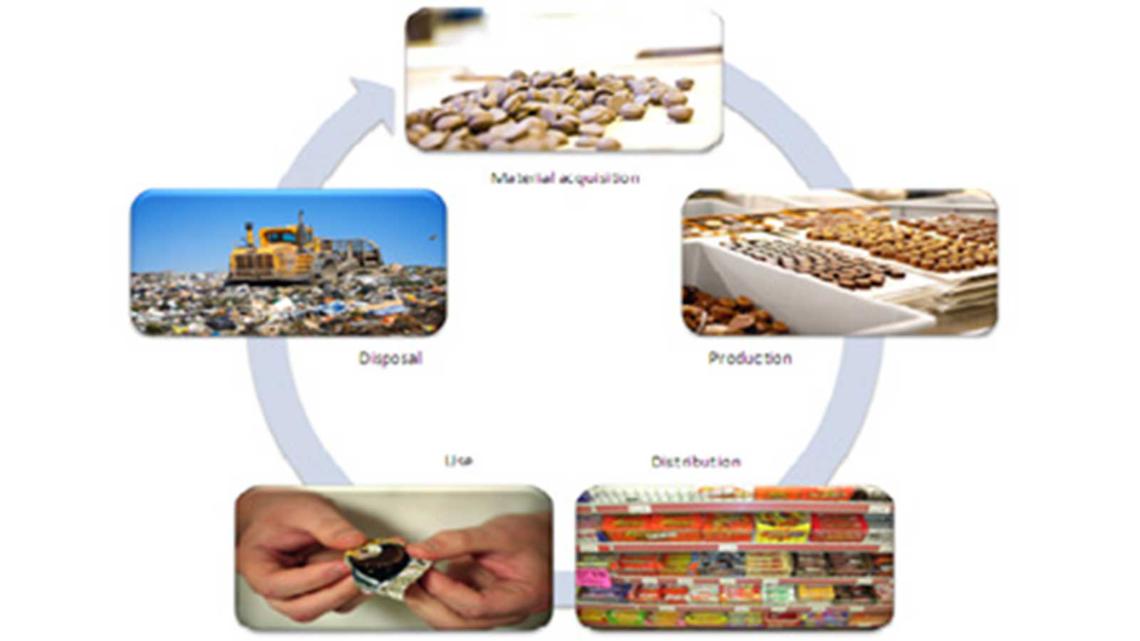Geneva November 3, 2010 – Comprehensive global standards, that will help business and government understand, measure and manage greenhouse gas (GHG) emissions, have entered the final stage and are available for public comment. These new standards, developed by the World Resources Institute (WRI) and the World Business Council for Sustainable Development (WBCSD), will help measure the emissions of supply chains and products.
The two standards— the Product Accounting and Reporting Standard and the Corporate Value Chain (Scope 3) Accounting and Reporting Standard— supplement the existing Corporate Accounting and Reporting Standard, which has become the global framework for GHG reporting by companies. The new standards are part of a multi-stakeholder 12-year partnership, the GHG Protocol Initiative, led by the WRI and WBCSD to provide real-world solutions to help reduce emissions.
"The business community is taking action to reduce their emissions by finding innovative and cost-effective solutions. The original GHG Protocol Corporate Standard helped businesses understand the impacts of their own operations," said Björn Stigson, President of the WBCSD. "These two new standards give businesses the tools they need to understand the emissions across the entire life cycle of their products and through their value chains, and manage it accordingly."
The GHG Protocol Product Standard studies all potential contributions to the emissions of a product, including suppliers, transportation, production and disposal, while the Corporate Value Chain (Scope 3) Standard allows corporations to measure and manage their GHG emissions across their entire supply chain.
Example of a Life Cycle
"Throughout the process, we are engaging with a wide-range of stakeholders to ensure that these standards are of the highest quality, user-friendly and practical for businesses," said Jonathan Lash, President of WRI. "These standards will provide an essential resource for businesses so they can track, measure and control their emissions."
The two standards have already undergone significant input, review, comment and testing over the last two years. A unique feature of the development process is the "road testing" of the new standards. Sixty-two companies from a variety of countries and sectors tested the standards over a 6 month period and submitted comprehensive feedback on their usability.
The companies involved in the road testing reported they were able to complete an inventory in conformance with the requirements and found the guidance provided in the standards helpful and practical. Summaries of this feedback are available here. In addition, over 60 organizations submitted written comments and 350 stakeholders from business, academia, governments, and NGOs attended workshops in Asia, Europe, and North America, since the release of the first drafts in November 2009.
Björn Hannappel, Senior Expert Go Green, of Deutsche Post DHL says, "We are very pleased to be engaged in this process as a road testing company of the Product Life Cycle and Scope 3 Standards. We support the inclusive GHG Protocol stakeholder process and feel that by engaging with not only business- but also governments, NGOs and others- a more robust standard is developed that can be adopted around the world. This is key for us as a globally operating company, since we already base our carbon accounting on criteria according to the GHG Protocol and rely on respective standards that are accepted and applicable worldwide."
This public comment period is the final step in the development process and will be used to make additional revisions. The new standards are expected to be finalized by early 2011 and published in the spring of 2011.
Copies of the standards and comment submittal instructions are available on the GHG Protocol Initiative’s website








